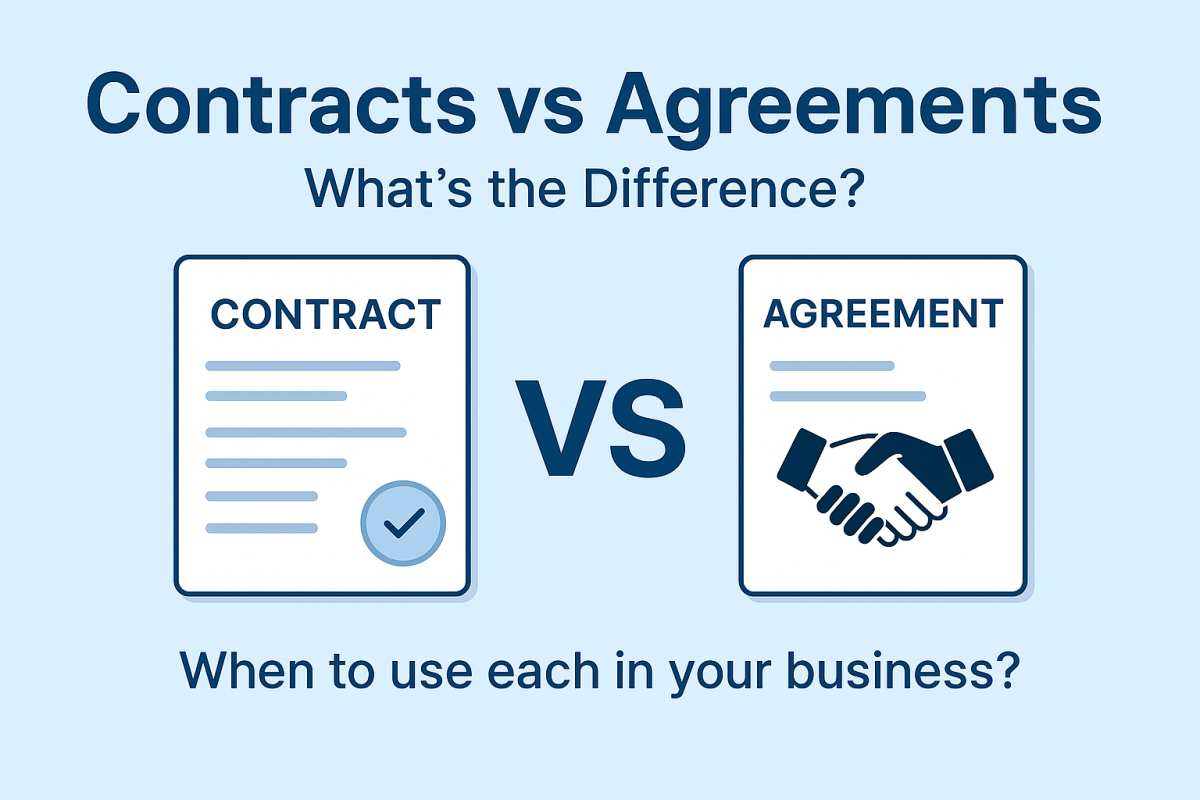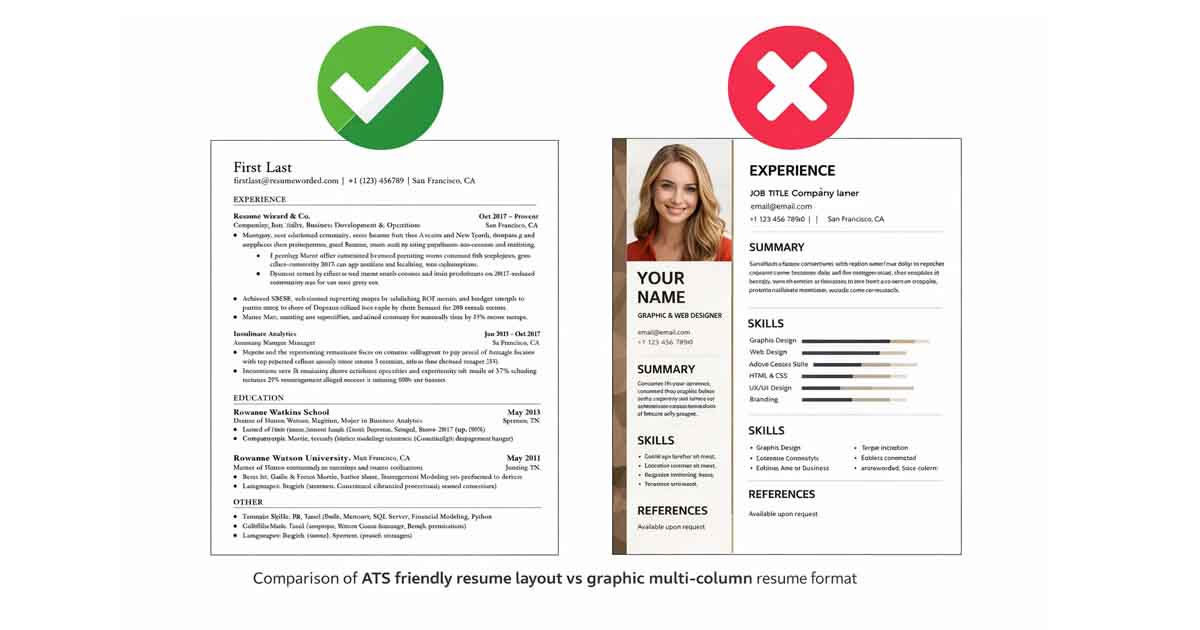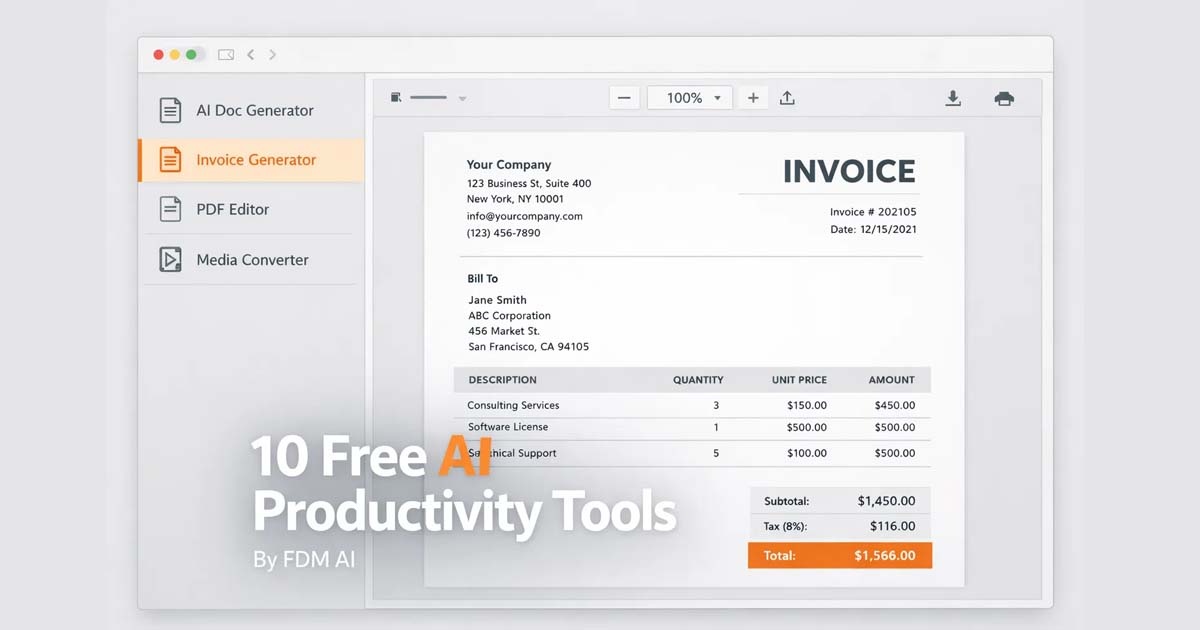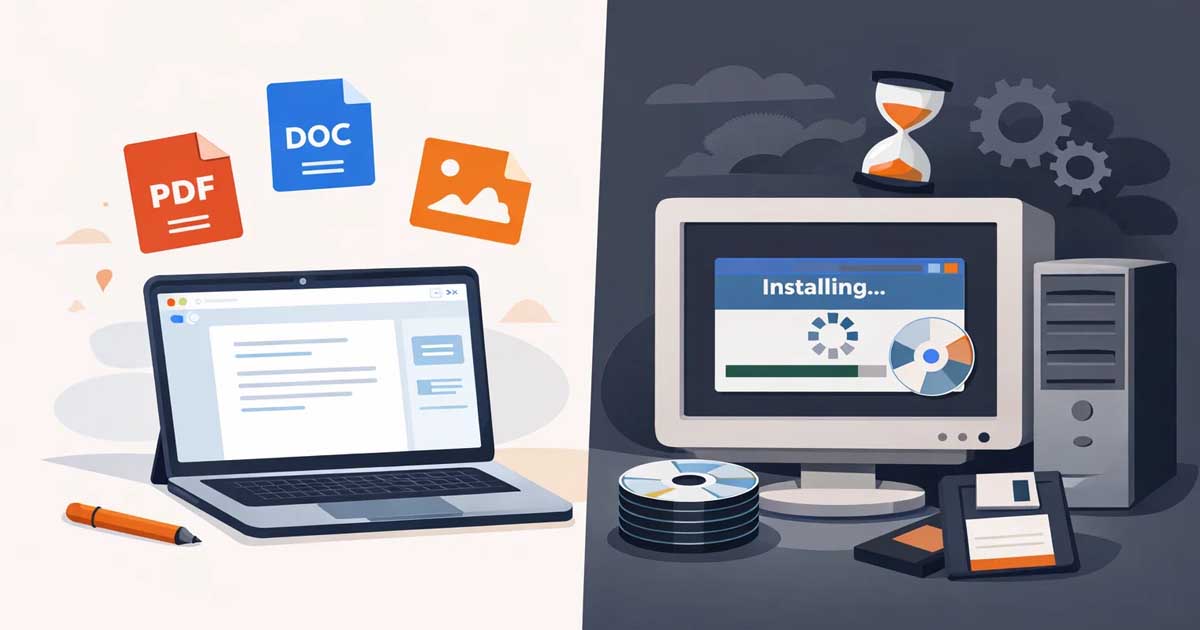Contracts vs Agreements – What’s the Difference?
If you're running a business or freelancing, you've likely heard both terms: contract and agreement. People often use them interchangeably, but there are key legal and functional differences between the two.
Understanding the distinction can help protect your business, avoid disputes, and improve client relationships. In this post, we’ll explain contracts vs agreements in simple terms — with examples and tips on when to use each.
✅ What Is an Agreement?
An agreement is a mutual understanding between two or more parties about their responsibilities or actions. It can be verbal or written, and may or may not be legally binding.
For example, you and your friend could agree to share a ride every morning. That’s an agreement — but not a contract.
In business, agreements are useful when:
You're starting a partnership or collaboration
Both parties trust each other
The stakes are low or informal
However, agreements don't always offer legal protection in case something goes wrong.
✅ What Is a Contract?
A contract is a formal, legally binding agreement between two or more parties that includes specific terms and conditions.
A valid contract usually includes:
An offer and acceptance
Consideration (payment or exchange)
Intention to create legal obligations
Consent of all parties
Legal capacity of parties
Lawful object or purpose
Contracts are enforceable in court, and breaking them can result in legal consequences like fines or lawsuits.
Examples:
Freelance service agreements
Employment contracts
Rental and lease agreements
Non-disclosure agreements (NDAs)
✅ Key Differences Between a Contract and an Agreement
Criteria | Agreement | Contract |
|---|---|---|
Legal enforceability | Not always enforceable | Always legally binding |
Form | Can be verbal or informal | Usually written and formal |
Legal structure | May lack legal terms | Follows legal requirements |
Protection | Offers limited protection | Fully protects both parties |
Enforceable in court | Not necessarily | Yes |
✅ When Should You Use a Contract?
Use a contract when:
You're offering paid services or products
You want to define scope, deadlines, and payment clearly
There is potential for conflict or legal issues
You're working with new or unknown clients
You need legal protection
For example, if you're building a website for a client, use a service contract that outlines deadlines, deliverables, pricing, revisions, and payment terms.
✅ When Is an Agreement Enough?
An informal agreement is fine when:
You're working with someone you know well
There's low financial or legal risk
You just want a mutual understanding (e.g., co-marketing partnerships)
Still, it’s always safer to write things down, even if it’s just a signed memo or email agreement.
✅ Can a Simple Agreement Become a Contract?
Yes! If an agreement includes:
A clear offer and acceptance
Terms of exchange (like money or services)
Intent to be legally bound
… then it may be considered a contract under law — even if it's informal.
This is why emails, DMs, and verbal promises can sometimes become legally enforceable, especially in business.
✅ How to Create a Contract or Agreement (Free)
You can create legally sound contracts or business agreements for free using the Free Agreement Generator.
With this tool, you can:
Fill in contract terms easily
Add parties and their signatures
Export as a professional PDF
No login or payment required
It's perfect for freelancers, business owners, and service providers who want simple, fast, and legally formatted documents.
🧠 Final Thoughts
While all contracts are agreements, not all agreements are contracts. If you want legal protection — use a contract. If you’re just noting an informal understanding — a simple agreement might do.
In business, it's always safer to put things in writing. And with Free Document Maker, you can do it in minutes.
👉 Try the Agreement Generator now and protect your work the smart way.




